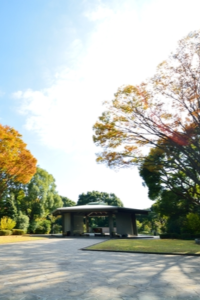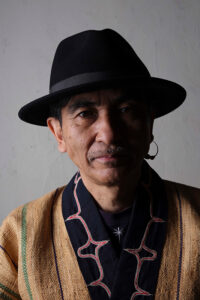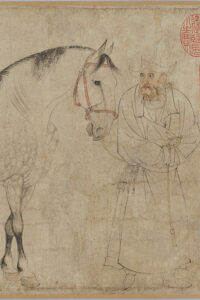
Why is the Hollywood blockbuster about the “father of the atomic bomb” not scheduled for release in Japan? Azuma Hiroki, critic and author This August 2023, I spent eight days in Washington, D.C. for some coverage. I took time out of my schedule to watch Oppenheimer, the most talked-about movie of the summer. Unfortunately, it has not yet been released in Japan, and some people seem to think it is a controversial work. As someone who has seen almost all of director Christopher Nolan’s films, I’m very curious about this. I would like to share with you a little bit about what I thought after actually watching this film. Oppenheimer, a movie depicting the life of American theoretical physicist J. Robert Oppenheimer (1904–67), known as the “father of the atomic bomb,” was released in the United States on July 21, 2023. The ... ... [Read more]

